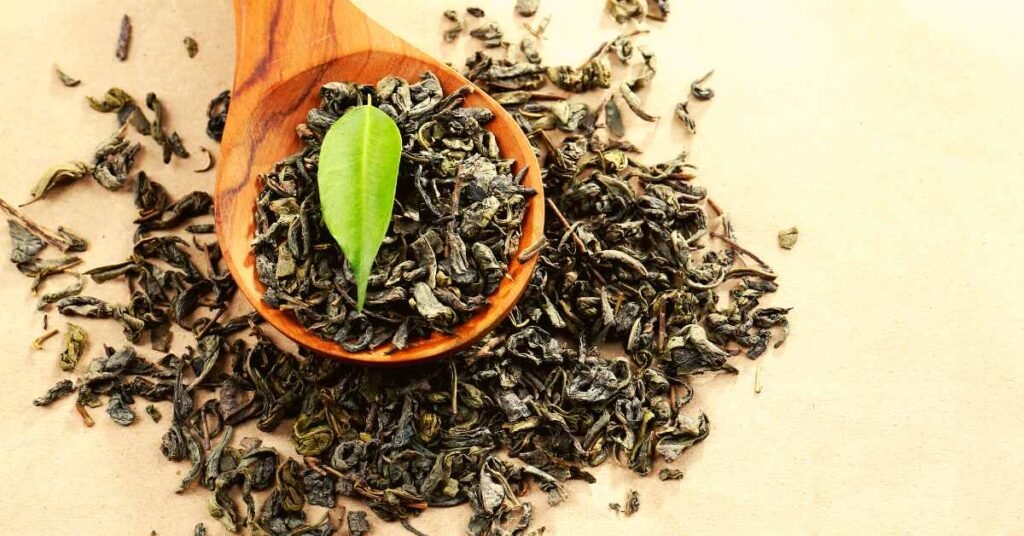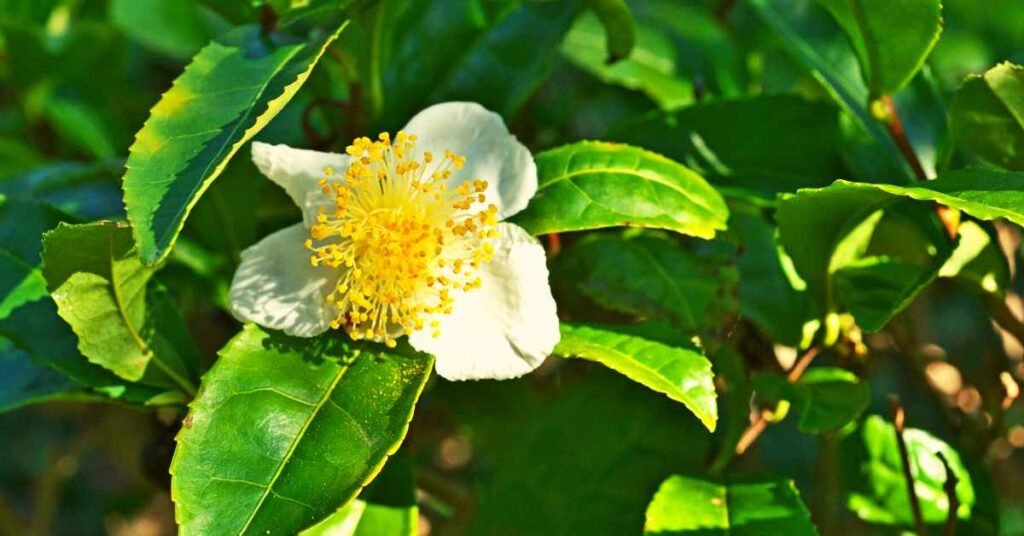Beyond its comforting warmth and diverse flavors, tea offers a unique blend of antioxidants, polyphenols, and other bioactive compounds that can contribute to overall well-being.
In this exploration, we delve into the fascinating realm of tea and its potential to boost the work of the lymphatic system, a critical component of the body’s immune defense.
Understanding the Lymphatic System

Before we embark on our journey into the tea-infused world of lymphatic health, it’s crucial to grasp the role of the lymphatic system.
This network of vessels, nodes, and organs acts as a drainage system, clearing cellular waste, toxins, and excess fluids from the body.
It also plays a pivotal role in supporting the immune system by transporting immune cells to areas where they are needed most.
The lymphatic system relies on movement, muscular contractions, and external influences to maintain fluid flow.
When this intricate system is compromised or sluggish, it can lead to conditions such as lymphedema, a condition characterized by fluid retention and tissue swelling.
Tea and Its Healing Potentials
Tea, derived from the Camellia sinensis plant, exists in various forms – green, black, white, oolong, and more – each offering a unique blend of compounds with potential health benefits.
The key players in tea’s health-promoting arsenal are antioxidants, polyphenols, catechins, and flavonoids.
Green Tea: A Lymphatic Elixir
Green tea, celebrated for its high concentration of catechins, particularly epigallocatechin gallate (EGCG), stands out as a potent elixir for lymphatic health.
EGCG, a powerful antioxidant, has been studied for its anti-inflammatory and anti-cancer properties.

Research suggests that green tea consumption may enhance lymphocyte function, the white blood cells crucial for immune defense.
By supporting these immune warriors, green tea contributes to a more robust lymphatic response against pathogens and harmful invaders.
Furthermore, green tea’s ability to aid in weight management can indirectly benefit the lymphatic system.
Excess weight and obesity are linked to impaired lymphatic function, and green tea’s metabolism-boosting properties may help address this concern.
White Tea: Nature’s Lymphatic Detoxifier
White tea, the least processed among its counterparts, retains a higher concentration of antioxidants.
It is rich in catechins and polyphenols, making it a potential ally for lymphatic detoxification. The antioxidants in white tea may assist in neutralizing free radicals, reducing oxidative stress on the lymphatic system.
By mitigating this stress, white tea supports the overall health and functionality of the lymphatic vessels, aiding in the efficient removal of toxins and waste.
Herbal Infusions: Beyond Camellia Sinensis
While the true teas (green, black, white, oolong) hail from the Camellia sinensis plant, herbal infusions derived from various herbs and plants also offer unique benefits for lymphatic health.

a. Dandelion Tea: A Natural Diuretic
Dandelion tea, known for its diuretic properties, can promote the elimination of excess fluids from the body. This may assist the lymphatic system in reducing swelling and maintaining proper fluid balance. Additionally, dandelion is rich in potassium, a mineral crucial for lymphatic function.
b. Ginger Tea: Enhancing Circulation
Ginger, a popular spice with anti-inflammatory properties, can be brewed into a delightful tea. By promoting circulation and reducing inflammation, ginger tea may support the lymphatic system in its role of fluid transport and waste removal.
c. Red Clover Tea: Supporting Lymphatic Cleansing
Red clover has been traditionally used for its cleansing properties. Red clover tea may aid in detoxification by supporting the lymphatic system in removing impurities. Its mild, sweet flavor makes it a pleasant addition to the daily tea ritual.
Incorporating Tea into Your Routine
To harness the potential benefits of tea for your lymphatic system, consider incorporating the following practices into your daily routine:
Hydration is Key: Adequate fluid intake is essential for a well-functioning lymphatic system. Make tea a hydrating part of your day, ensuring you consume enough water alongside your favorite brew.

Mindful Tea Consumption: Take the time to savor your tea, embracing it as a moment of self-care. Whether it’s a fragrant cup of green tea in the morning or a soothing herbal infusion before bedtime, let the ritual of tea drinking become a mindful practice.
Variety is the Spice of Life: Experiment with different types of tea to enjoy a diverse array of flavors and health benefits. Rotate between green, white, herbal, and other teas to provide your body with a spectrum of nutrients.
Final Word
In the vast landscape of health and wellness, tea emerges as a versatile and accessible tool for supporting the lymphatic system.
As you embark on this tea-infused journey, remember that no single beverage can replace a holistic approach to health.
A balanced diet, regular exercise, and a healthy lifestyle form the foundation for a thriving lymphatic system.
So, sip your tea, nourish your body, and embrace the harmonious synergy between tradition and modern wellness.
MEDICAL DISCLAIMER
Itsnevernotteatime.com cannot and does not contain medical/health advice. The medical/health information is provided for general and educational purposes only and is not a substitute for professional advice.




